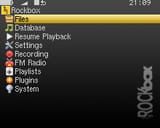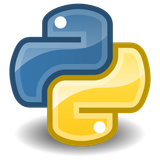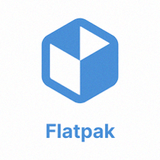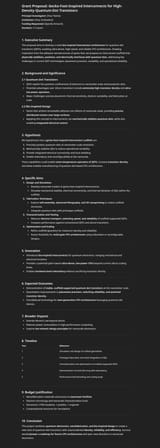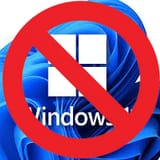The Flatpak Red Pill
Archived
Pros:
>Strong sandboxing/isolation improves security.
>Widely supported across major distros (especially Fedora, GNOME-based distros).
>Uses Portals apps can request access to files, devices, etc. in a controlled way.
>Good integration with desktop environments.
>Flathub is a central, well-maintained app store with lots of apps.
>Auto-updates supported.
Cons:
>Flatseal has the potential to change the permissions of other flatpaks at will. Essentially, a flatpak with the ability to change the permissions of other flatpaks. It is rendered to be "Potentially Unsafe" with "Arbitrary Permissions" with access to "User Data" subfolder flatpak/overrides, Can read and write all data in the directory" and "Arbitrary Permissions, Can acquire arbitrary permissions".
>Larger disk space usage (apps bundle runtimes + libraries).
>Slower startup compared to native apps (sandbox overhead).
>Strong desktop focus not ideal for CLI/server software.
>Relies heavily on Flathub (centralization concern).
Essentially, Flatseal is a flatpak with the potential to manage user overrides stored in ~/.local/share/flatpak/overrides. Therefore, it may be safe to assume, out conclude that any flatpak can be coded to behave this way. Why does /g/ recommend flatpaks?
Posts: 162 | Images: 8
Last: 9/7/2025, 2:11:29 PM




